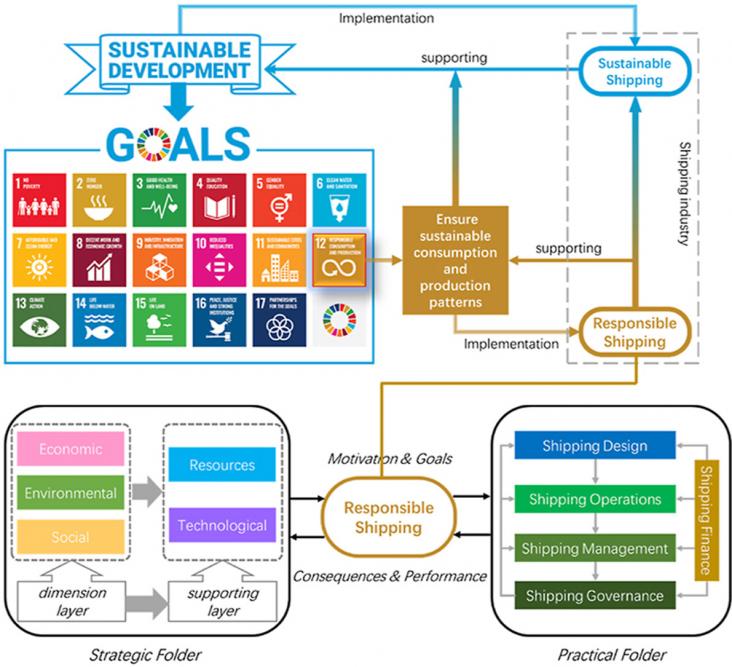Elsevier,
Power System Protection in Future Smart Grids: Achieving Reliable Operation with Renewable Energy, Electric Vehicles, and Distributed Generation, Volume , 1 January 2023
This chapter advances UN SDG goals 7 and 9 as it enables resilience and protection for renewable energy-integrated grids and infrastructure.
Elsevier,
Non-Destructive Testing and Condition Monitoring Techniques in Wind Energy, Volume , 1 January 2023
This chapter supports UN SDGs 7 and 13 by reviewing condition monitoring technologies and current research challenges and opportunities, enabling improved performance and durability of wind turbines, and supporting energy transition of which wind power is a key component.

Offers practical insights to guide shipping industry managers to introduce environmentally responsible and sustainable practices.
This chapter aligns with Goal 6: Clean water and sanitation by reviewing the tools available for the collection of groundwater samples, methods of on-site water-quality analysis
This study investigates how sustainable transport infrastructure affects access to healthcare.
A technology that has shown promising potential in supporting food and energy security, as well as supporting water security, is agrivoltaic (AV) systems.
An investigation into a new integrated model for pricing and financing a sustainable supply chain that can reduce manufacturing costs and thus encourage better participation by producers in green projects.
Marine aquaculture is predicted to serve an important role in alleviating pressure on fisheries and land-based food production, but aquaculture will not be sustainable without continued innovations in the aquaculture sector. Strong governance and economic conditions play a small but highly significant role in the development of marine aquaculture speices
The purpose of this interview study is to explore the perceptions of industrial stakeholders towards the use of biobased plastics in food packaging applications.
This research aimed to determine how interested people are in bio-based bottles. We also compared bio-based options to the fossil-based industry standard and determined consumer reactions to both. We measured consumer demand for bio-based plastic bottles as an alternative to a conventional (fossil-based) plastic bottle and investigated what conditions underlie this preference (e.g., bottle appearance).
